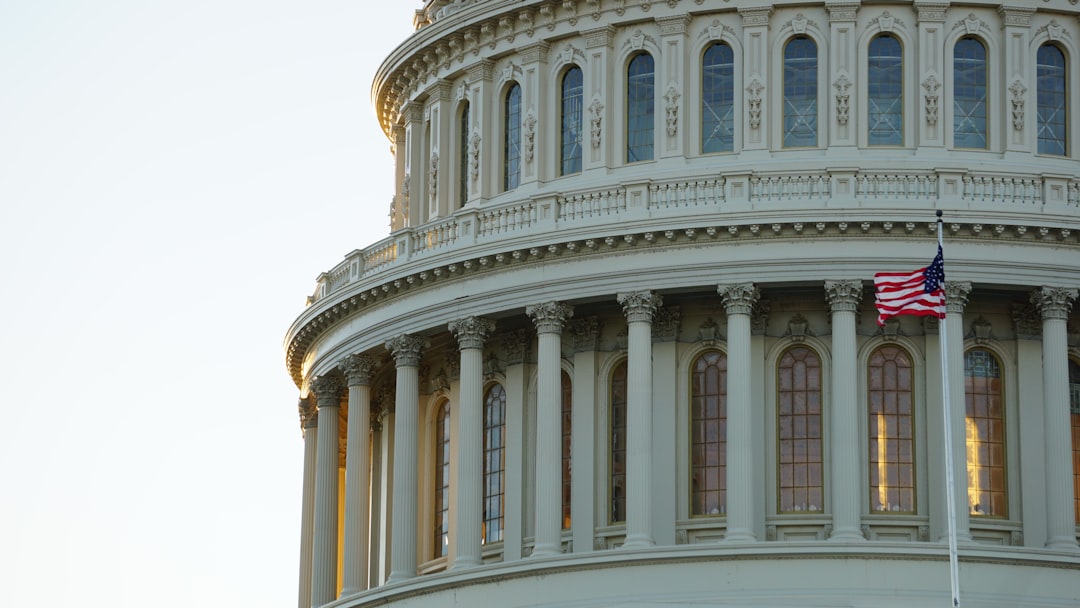Local activism plays a significant role in shaping and strengthening anti-spam call policies, particularly in Washington state with its strict consumer protection laws. Through community initiatives and individual complaints, residents pressure telecom companies and spam call litigation law firms to improve their practices. This results in stricter regulations and more effective enforcement against nuisance calls. Washington's robust approach, combining stringent regulations and community engagement, has led to a substantial decrease in spam call volumes, benefiting all residents with a safer communication environment, aided by the expertise of local spam call law firms.
Local activism plays a pivotal role in shaping policies against spam calls, as demonstrated by Washington state’s proactive approach. With an influx of unwanted robocalls, residents have united to combat this growing nuisance. This article explores how local activism influences spam call regulations and delves into successful strategies employed by activists to strengthen call protection policies. From awareness campaigns to legislative advocacy, these efforts drive meaningful change, highlighting the power of community action against spam call law firms in Washington and beyond.
Understanding Local Activism's Impact on Spam Calls

Local activism plays a significant role in shaping and enhancing spam call policies, especially in regions like Washington where consumer protection laws are stringent. When residents actively engage to combat spam calls, it puts pressure on both telco companies and law firms specializing in spam call litigation to tighten their measures. This collective action often results in stricter regulations and more effective enforcement against nuisance calls.
Activism can take various forms, from community-led initiatives to individual complaints with local regulatory bodies. The collective voice of these activists ensures that the needs and concerns of residents are addressed, leading to policy changes that benefit everyone. In Washington, for instance, a proactive local activist group has been instrumental in lobbying for enhanced spam call laws, reflecting the power of grassroots efforts to create a safer, less disruptive communication environment.
Washington State's Approach to Regulating Spam

In the battle against intrusive and unwanted spam calls, Washington State has taken a proactive approach by implementing stringent regulations. The state’s efforts are centered around empowering local residents and fostering a collaborative environment to combat this persistent issue. One notable strategy is the establishment of strict penalties for violators, with fines reaching up to $10,000 per violation. This deterrent measure encourages compliance and discourages spam call law firms from targeting Washington residents.
Washington’s approach also involves community engagement and education. Local advocacy groups play a vital role in raising awareness about the impact of spam calls on privacy and mental well-being. Through collaborative efforts, these groups lobby for stricter regulations and support the implementation of consumer-friendly policies. As a result, the state has seen significant improvements in reducing spam call volumes, ensuring that residents can enjoy a more peaceful and hassle-free communication environment.
Activist Strategies to Enhance Call Protection Policies

Local activists play a significant role in shaping and improving spam call policies, often through strategic initiatives that push for stricter regulations. These efforts include organizing community workshops to educate residents about the impact of unwanted calls, empowering them with knowledge on how to report spam effectively. By fostering collaboration between local authorities, telecommunications companies, and consumers, activists ensure that anti-spam measures are comprehensive and tailored to the needs of their region.
Moreover, activist groups frequently advocate for stricter enforcement of existing spam call laws by pressuring legislators and regulatory bodies. They lobby for stiffer penalties against violators, ensuring that businesses and individuals responsible for invasive calls face consequences. Through petitions, protests, and media campaigns, these activists raise awareness about the challenges posed by spam calls, pushing for a Washington-based spam call law firm to take the lead in protecting residents from unwanted intrusions into their personal space.






